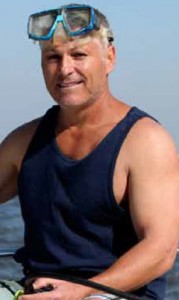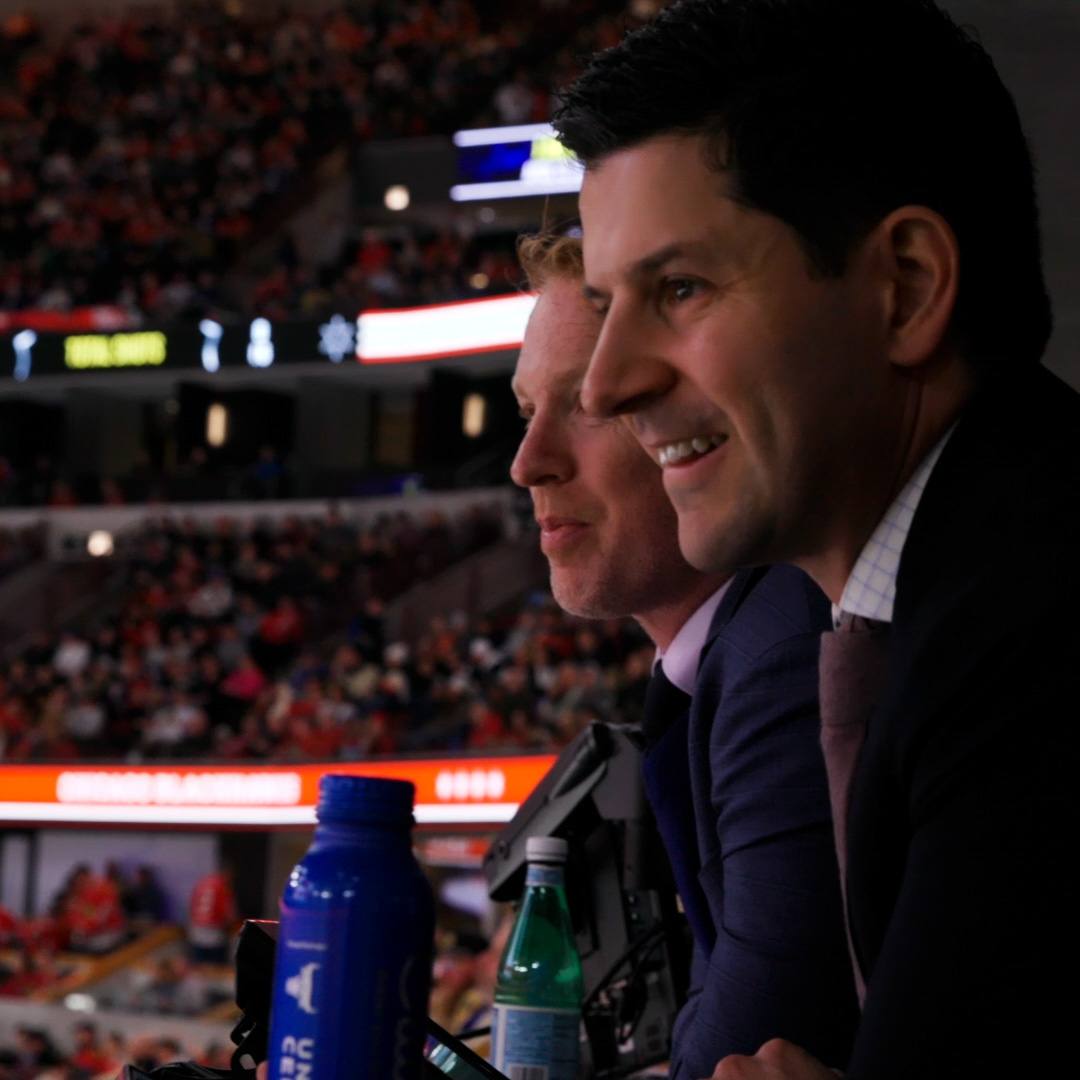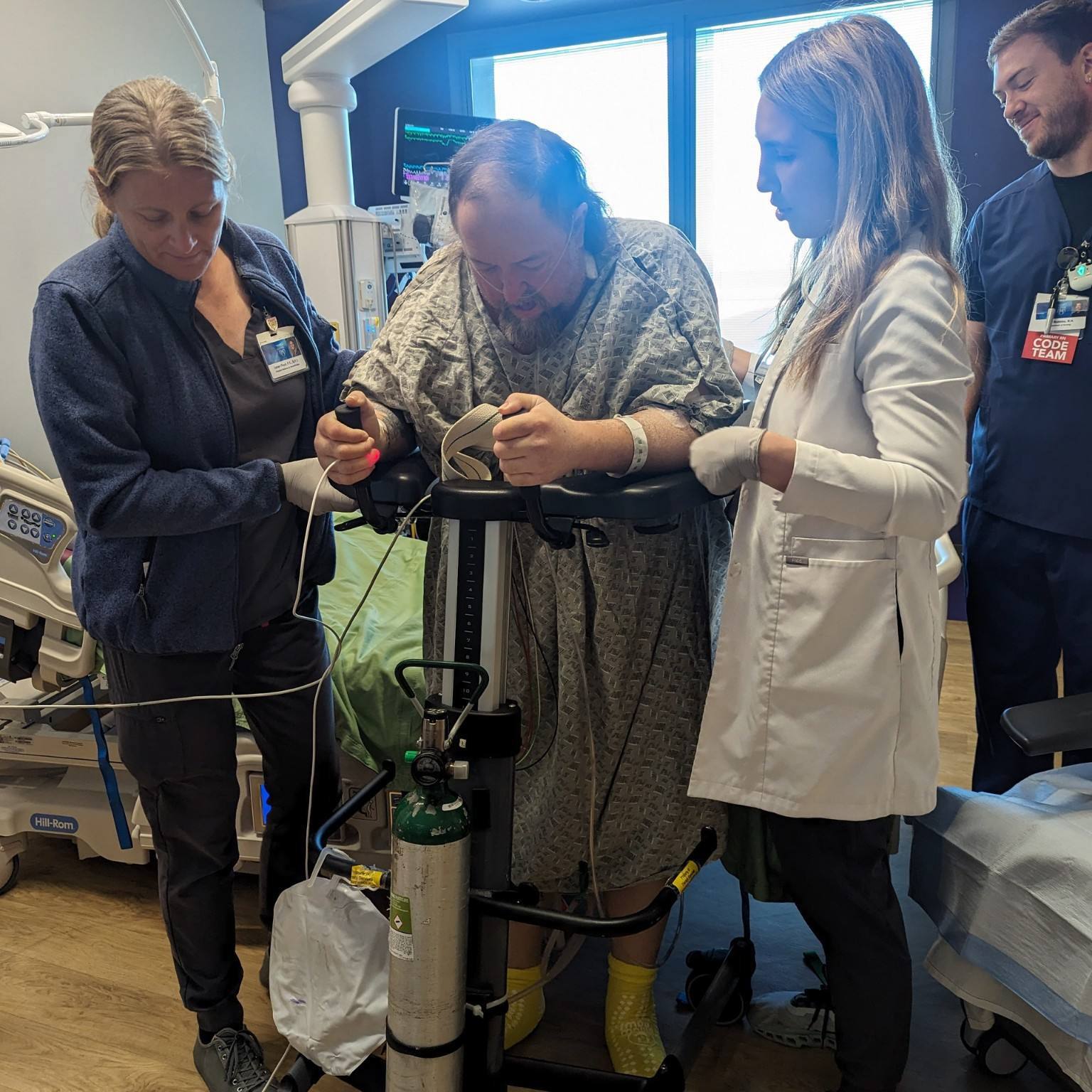 Veteran scuba diver Scott Martin, 46, and his girlfriend left Florida in July 2011 to celebrate his birthday in Cozumel, Mexico. His experience there changed the way he thinks about his heart and his favorite pastime.
Veteran scuba diver Scott Martin, 46, and his girlfriend left Florida in July 2011 to celebrate his birthday in Cozumel, Mexico. His experience there changed the way he thinks about his heart and his favorite pastime.
The couple had been in Cozumel for five days, diving twice a day. On the morning of the last day, they made a deep dive. An expert diver, Martin always followed U.S. Navy dive tables and safety protocols.
But shortly after he surfaced, Martin began to lose feeling in his hands and feet. The numbness crept up his legs and arms toward his body. He recognized the loss of feeling as a symptom of decompression sickness, or the bends, a condition that occurs when divers surface too fast and gas bubbles form in their bloodstream.
“I knew everything I did was right,” Martin says. “It didn’t make sense to me what happened.”
He ignored the numbness, hoping it would go away, and went out on a second dive. The next day, the numbness got worse. By then, Martin believed he was experiencing the bends and went to a local hospital.
Fortunately, the hospital had a hyperbaric chamber — a high-pressure room used to treat the bends. The treatment improved his symptoms. But after returning home to Cocoa Beach, Fla., he scheduled an exam at Mayo Clinic in Jacksonville, Fla.
His Mayo Clinic doctor discovered a hole inside his heart. The condition, called patent foramen ovale (PFO), is present in about one in four adults. The hole is natural in newborn babies and normally closes on its own in the first year of life.
“That hole, in adult life, may cause several problems,” says Issam Moussa, M.D., a Mayo Clinic cardiologist who diagnosed Martin. For example, scuba divers with PFO may unexpectedly experience the bends. The hole makes them more prone to developing tiny gas bubbles in their bloodstream that travel to organs and cause a variety of symptoms.
Martin underwent a minimally invasive heart procedure to repair the hole. Two weeks later, he was out running.
“If you are a diver, it is worth asking your health care provider about PFO and other risk factors so he or she can decide if additional tests are necessary,” Dr. Moussa says.
Soon, Martin will be back in the water. He is planning to go diving this spring in Jamaica.
The article comes from our Sharing Mayo Clinic print publication.
Related Diseases
Related Departments
Related Articles







